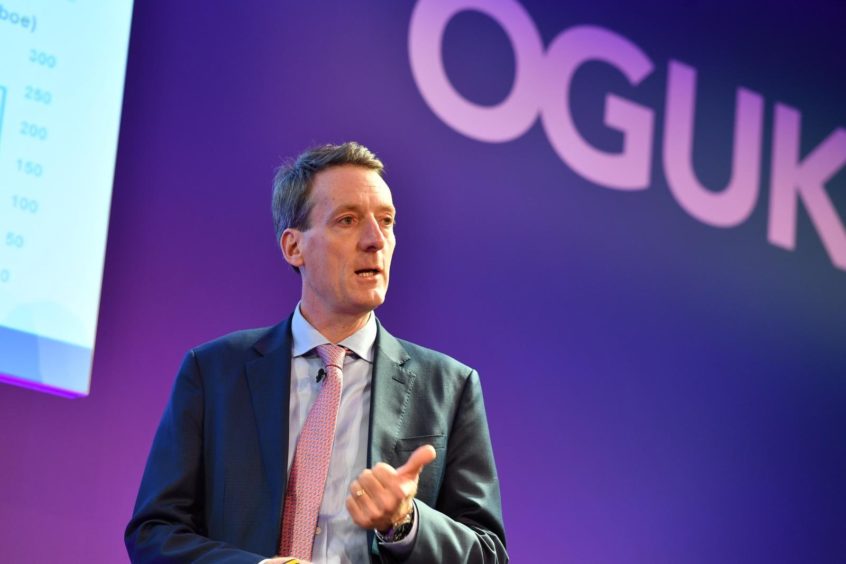
A UK oil industry chief said yesterday that margins needed to be “much higher” for oilfield service companies if they are to carry on operating at current levels.
Andy Samuel, chief executive of the Oil and Gas Authority (OGA), also urged companies to adopt more of the innovative technologies created in the supply chain.
Mr Samuel said he was encouraged by North Sea industry’s progress on production efficiency and costs – and was pleased that companies’ behaviour had largely improved in recent years.
But he is “hearing the most dissatisfaction from the supply chain”, which is where a lot of the improvements and “new ways of working” have come from.
North Sea industry’s costs had spiralled out of control in the years leading up to the most recent oil and gas downturn.
Suppliers’ rates were cut drastically and many feel they cannot survive any more squeezing from customers.
Mr Samuel said the oil and gas industry had a great “vision” for the future, but needed to be “honest” about where it currently stands.
The sector is “not really in a great place” when it comes to issues like late payments to suppliers, he said at the Oil and Gas UK annual conference in Aberdeen.
“If we’re really going to solve the future we’ve got to get a bit better at some basic things,” Mr Samuel said.
“There is still a lot of dissatisfaction from deeper tiers of the supply chain saying they’ve got low cost, high impact solutions, but the ‘permafrost’ is cutting them out.
“My one wish would be that this time next year we’re much further on towards our vision and that some of these bugbears have been dealt with once and for all.”
Mr Samuel said the oil and gas industry was being “watched more closely than ever before” at a time of increased scrutiny from climate change activists, governments and investors.
He warned that the sector’s future would be a struggle if companies get stuck in “old ways of working”.
He praised some North Sea bosses for showing “wonderful leadership”, but acknowledged there are “still some laggards”.
“We all need to look in the mirror and ask are we doing everything we can to take this industry into the future?” he said.
Mr Samuel said he was aware of some talented young people who felt their ideas were being blocked and were considering leaving the industry.
“They want to make a difference,” he said. “They see the world differently and have good ideas.
“But they frequently feel blocked and one or two are looking to leave the industry because they’re that frustrated and that’s a real shame.”
Recommended for you

